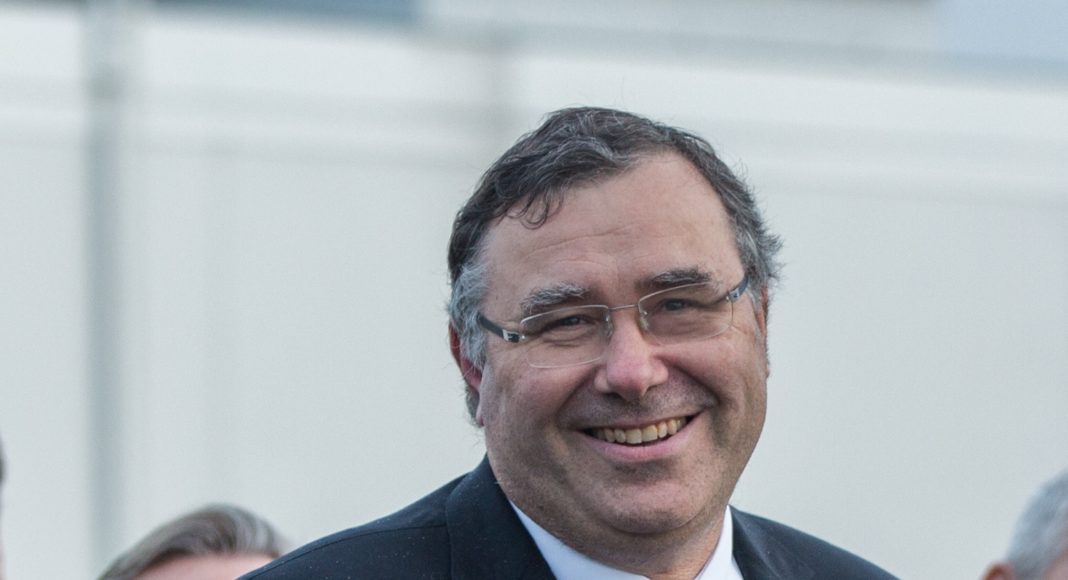(S&P Global Platts) France’s TotalEnergies will specifically assess the carbon intensity of hydrocarbon projects while deciding on investment plans, as part of its ambitious decarbonization strategy, the company’s CEO and Chairman Patrick Pouyanne said July 29.
Pouyanne, speaking on a conference call, confirmed that the company’s board of directors decided on July 28 to include CO2 intensity as its new criterion while sanctioning new greenfield hydrocarbon projects.
“We consider that each new greenfield project must improve our average carbon intensity today,” he said. “To be clear the average CO2 intensity of our whole portfolio today is around 20 kg of CO2 equivalent (CO2e) per barrel. So, each new project should be lower than that.”
The other two criteria, which have been in place since 2015, include projects with low technical costs (typically under $20/b) and low breakeven costs with better fiscal terms (under $30/b).
The race among oil and gas companies to achieve net zero emissions by 2050 is pushing many of them to focus on upstream projects which boast of both low production costs and lower carbon intensity.
Many oil and gas companies are already looking to cut their carbon footprint by indulging in many strategies, such as reducing flaring, shifting to less carbon intensive production, creating more low carbons fuels, investing in carbon offsets, adding carbon capture, among other avenues, to stay viable.
New criterion
As part of this strategy, TotalEnergies divested its 30.32% stakes in Venezuela’s Petrocedeño joint venture due to the high carbon intensity of the oil project.
Pouyanne said this project is not consistent with its new agenda as it may have a low technical cost, but it has a very high carbon intensity content.
The Petrocedeño project includes the Juni oil field in the Orinoco Belt and an upgrader that blends extra-heavy crude oil into lighter crude and has a carbon intensity of over 20 kg of CO2e/b, according to Pouyanne.
The French energy major has recently undertaken a major pivot to cleaner energy, while maintaining a previous target of growing its oil and gas production in the near term to fund its green investment drive.
Pouyanne said this deal shows that the company is putting its energy transition road map into action.
“The project would indeed in the near future require significant amount of capex to restore the production with new wells and to rejuvenate the upgrader,” added Pouyanne. “Clearly, allocating capex for the development of extra heavy oil projects in the Orinoco Belt would not be consistent with our hydrocarbon strategy in terms of C02 intensity of new hydrocarbon projects.”
On the call, Pouyanne also said the company’s controversial oil project in Uganda has a very low intensity of below 13 kg of CO2e/b.
The Lake Albert project in Uganda has attracted the growing attention of global environmental groups which claim it will harm the climate, local communities, water supplies, and biodiversity.
Last month, more than 260 charities and organizations from 49 countries called on banks not to participate in loans to fund the construction of the line.
TotalEnergies has previously said that this development has low technical costs, with a breakeven of less than $20/b, while its carbon footprint will be below the average of its global upstream assets.
Similarly, Equinor also transferred its 9.67% stakes in Petrocedeño, citing the high CO2 intensity of the project.
Equinor said this transaction meant it could focus “its portfolio on international core areas and prioritized geographies where it can leverage its competitive advantages.”



